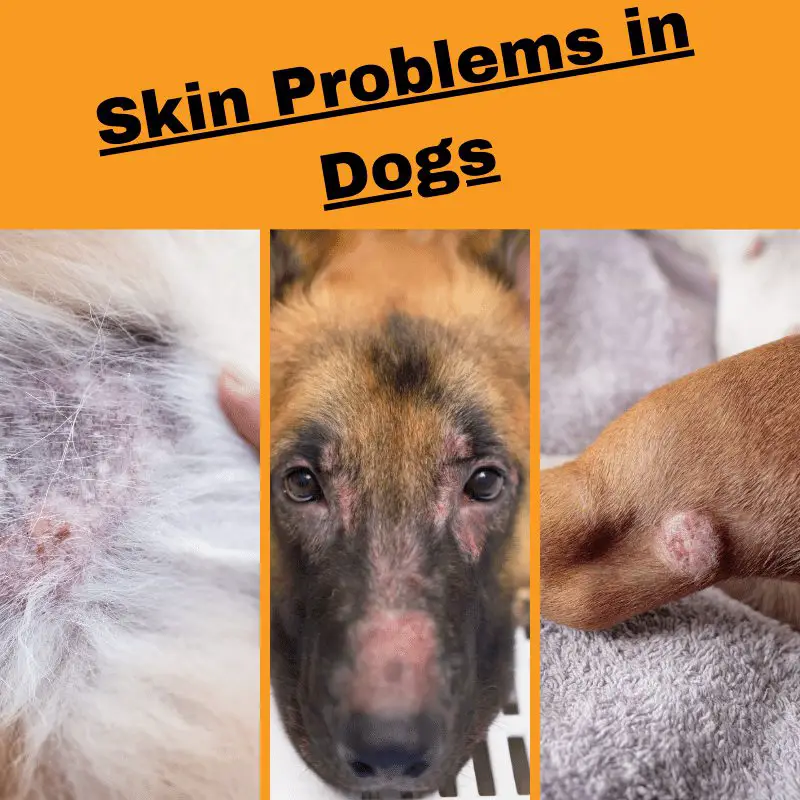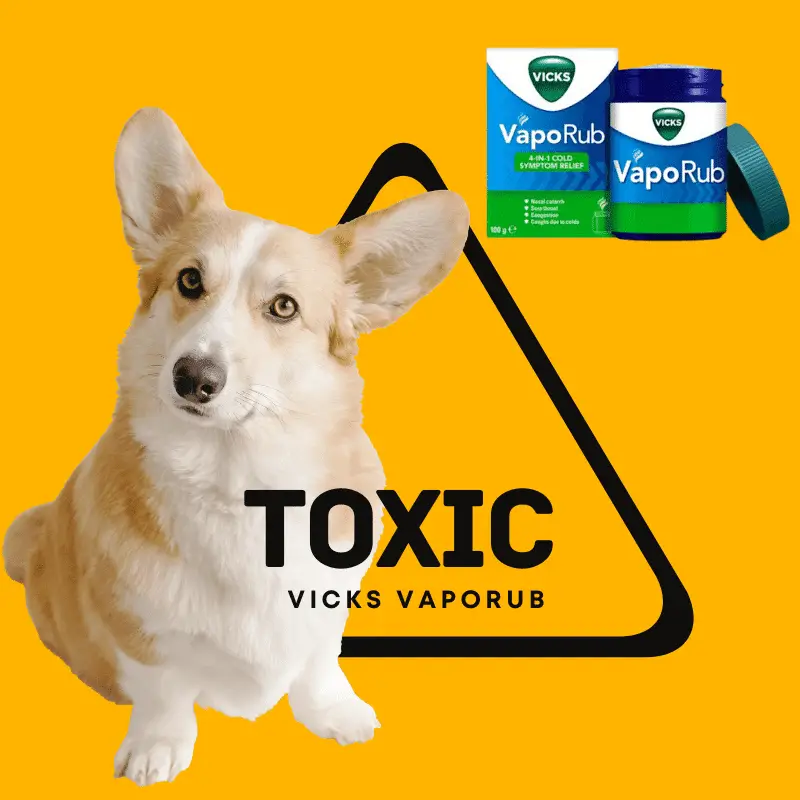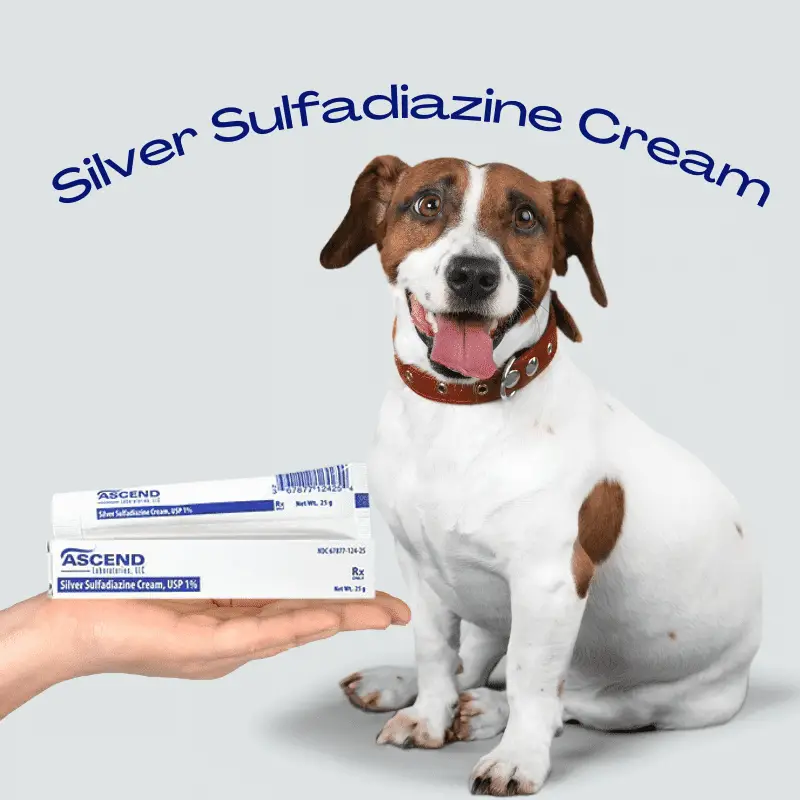Like humans, dogs can also experience various skin problems that cause discomfort and distress. These skin issues can range from mild irritations to more severe conditions that require veterinary intervention. As a responsible dog owner, it is essential to be aware of the common skin problems that dogs may encounter and know how to identify and treat them effectively. This article will discuss some of the dogs’ most common skin problems and provide treatment tips.
Allergies
Allergies are one of the most prevalent skin problems in dogs. They can be caused by various factors, including food, environmental allergens (such as pollen or dust mites), or contact with certain substances. Common signs of allergies in dogs include itching, redness, rashes, and excessive licking or scratching. To treat allergies, you need to identify and eliminate the allergen.
Hot Spots
Hot spots, or acute moist dermatitis, are localised areas of inflamed and infected skin. They are often caused by excessive licking, scratching, or biting due to allergies, fleas, or other irritants. Hot spots appear as red, moist, and painful lesions that can quickly worsen if left untreated. Keeping the affected area clean and dry is essential to treat hot spots. Shaving the hair around the hot spot can help promote healing. Your veterinarian may also prescribe topical or oral antibiotics to control the infection and provide relief.
Dermatitis
Dermatitis is skin inflammation caused by various factors, including allergies, irritants, parasites, or infections. Different types of dermatitis include atopic dermatitis, contact dermatitis, and flea allergy dermatitis. Symptoms may include redness, itching, hair loss, and skin lesions. Treatment for dermatitis depends on the underlying cause. Your veterinarian may recommend medicated shampoos, topical creams, or oral medications to alleviate the symptoms and address the condition’s root cause.
Flea Infestations
Fleas are not only a nuisance but can also cause severe skin problems in dogs. Flea bites can lead to intense itching, allergic reactions, and even transmit diseases. Regular flea prevention is crucial to keep your dog protected. If your dog already has a flea infestation, treating your pet and home is essential. Please consult your veterinarian for appropriate flea control products and follow their instructions for effective treatment.
Dry Skin
Dry skin is common in dogs, especially in winter or dry climates. It can cause itching, flaking, and discomfort. Ensure your dog is adequately hydrated to alleviate dry skin and provide a balanced diet of essential fatty acids. Regular grooming with a moisturising shampoo can also help hydrate the skin. If the dryness persists, consult your veterinarian for further evaluation and treatment options.
Identifying Food-Related Triggers for Skin Problems through an Elimination Diet
Eliminating particular foods can help you determine what is causing skin problems and whether or not it’s food related.
For example, if you feed your dog chicken for dinner, consider switching to beef. Give the new food a trial period of about two weeks to see if it improves your dog’s skin condition. Additionally, choose a reputable brand of dog food and don’t rely solely on the claims made on the front of the label. Always check the ingredients list to ensure no harmful or low-grade substances are hidden in the food. Many popular dog food brands may boast about their quality on the front, but a closer look at the back reveals unhealthy and low-quality ingredients.
Certain foods can trigger skin allergies in dogs. Here are some common food allergens that can cause skin problems in dogs:
Beef: Beef is a common dog allergen and can cause skin irritations, itching, and gastrointestinal issues.
Chicken: Chicken is another common allergen that can lead to dog skin allergies. It can cause itching, redness, and gastrointestinal upset.
Dairy Products: Many dogs are lactose intolerant and cannot properly digest dairy products. Dairy consumption can lead to skin allergies, digestive issues, and ear infections.
Wheat: Wheat is a common ingredient in many dog foods and treats. However, some dogs may be allergic to wheat, leading to skin problems such as itching, redness, and ear infections.
Soy: Soy is another potential allergen for dogs. It can cause skin irritations, itching, and digestive problems.
Corn: Corn is a common filler ingredient in dog food and can be a source of allergies for some dogs. Corn allergies can result from skin issues, digestive problems, and ear infections.
Eggs: Eggs can be a source of allergies for some dogs, leading to skin problems such as itching, redness, and gastrointestinal issues.
Conclusion
Understanding common skin problems in dogs is essential for every pet owner. By being aware of the signs and symptoms, you can promptly identify and address any skin issues your dog may experience. However, it is crucial to remember that self-diagnosis and treatment may not always be effective. If your dog’s skin problem persists or worsens, it is best to consult your veterinarian for a proper diagnosis and appropriate treatment plan. You can help keep your furry friend’s skin healthy and free from discomfort with proper care and attention.












